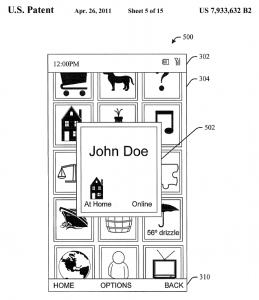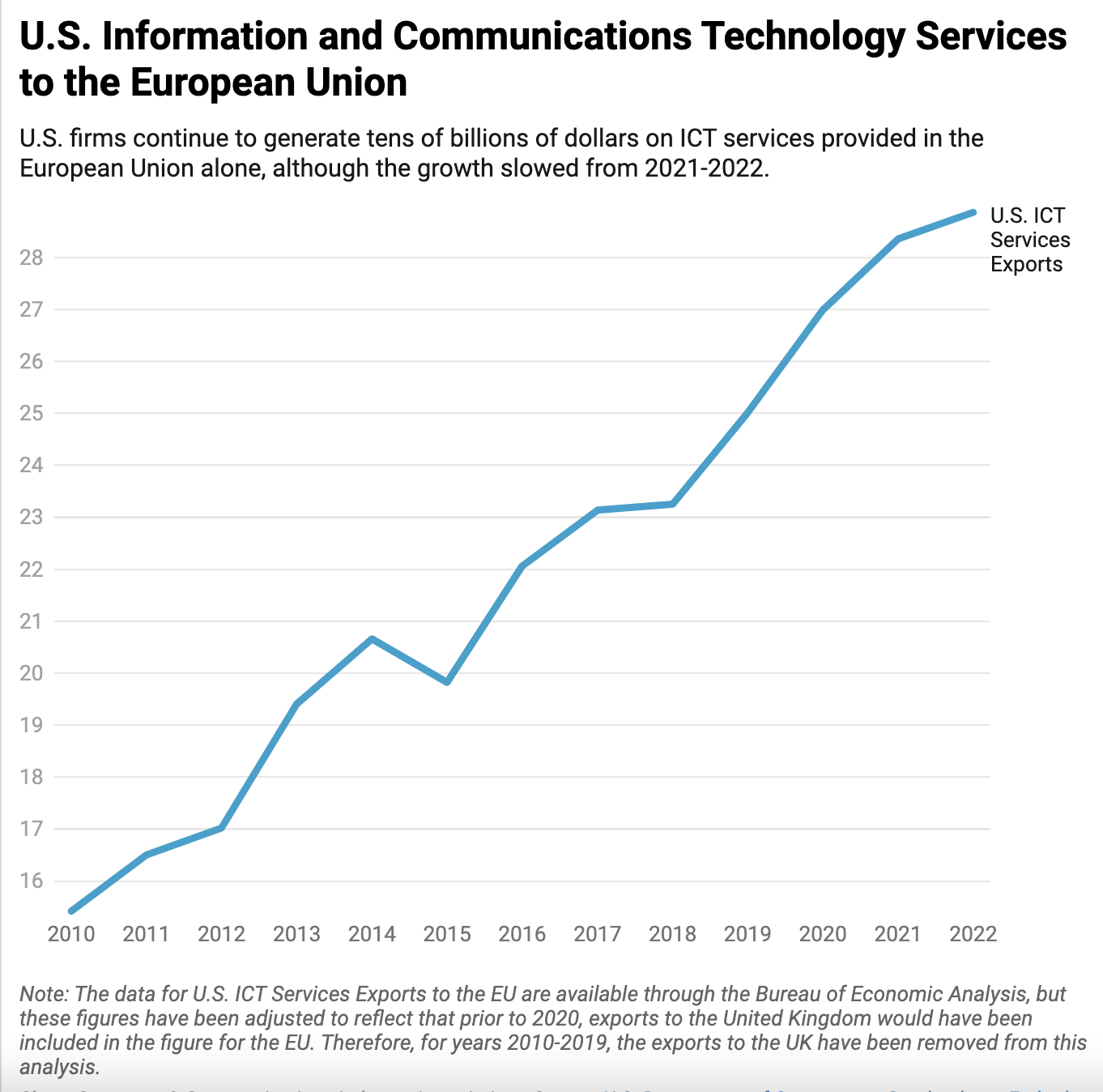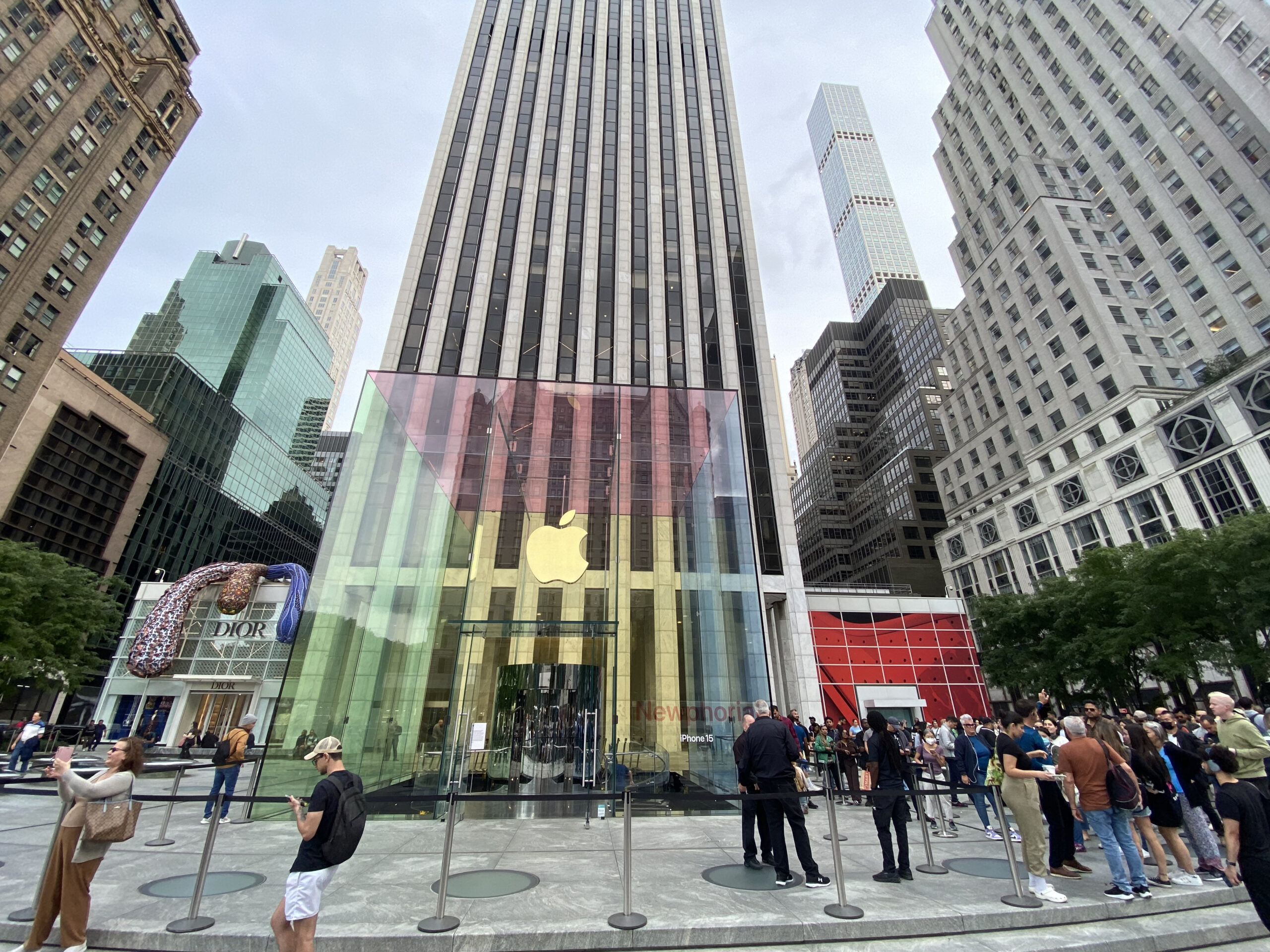SurfCast Suit Demonstrates that Patents Don’t Enable
 One of the typical explanations for patenting is that it allows the patentee to “protect their technology.” One might reasonably conclude that this means you can practice your technology, and stop anyone else from doing so.
One of the typical explanations for patenting is that it allows the patentee to “protect their technology.” One might reasonably conclude that this means you can practice your technology, and stop anyone else from doing so.
This is mostly wrong – at the least, it is half wrong. A patentee may certainly stop others from practicing the patent, but holding a patent is no guarantee that the patentee himself can actually produce anything with it, other than litigation.
Exhibit A: the patent infringement complaint (PDF) by SurfCast against Microsoft regarding Windows 8 yesterday.
Microsoft itself obtained an extensive patent on its new Tile interface, the interface connection to the processor, and the internal memory. Yet notwithstanding Microsoft’s notable patent portfolio and an exhaustive patent tailored to this very technology, it could not practice its own technology without being sued, because another patentee’s abstract claims allegedly overlap those of Microsoft.
This illustrates that patents are disabling rights, not enabling rights. They are a right to prohibit. As the SurfCast suit shows, no one – not even the USPTO – has the ability to unilaterally authorize the use of a technology. Too many patents and we get what Michael Heller in Gridlock Economy labeled ‘an anticommons’: no one has the unilateral power to say “yes”, but everyone has the power to unilaterally say “no.”
(Wired was quick to label SurfCast a troll, whereas other media outlets reporting on this unquestioningly repeated SurfCast’s representation of itself as a designer of operating systems. The latter folks might have noted: (1) most software vendors use their website to showcase their products, not their patents, and (2) according to the WayBack Machine, in 2006 SurfCast purported to be a ‘broadband interface’ developer, and as recently as last year SurfCast branded its “product” as a being ‘cloud computing’ software, rather than an OS. As Ars Technica points out, the “website has been around since 1999… All that’s changed is how SurfCast describes its technology” – which was more or less by referring to whatever was buzzworthy at the time.)








